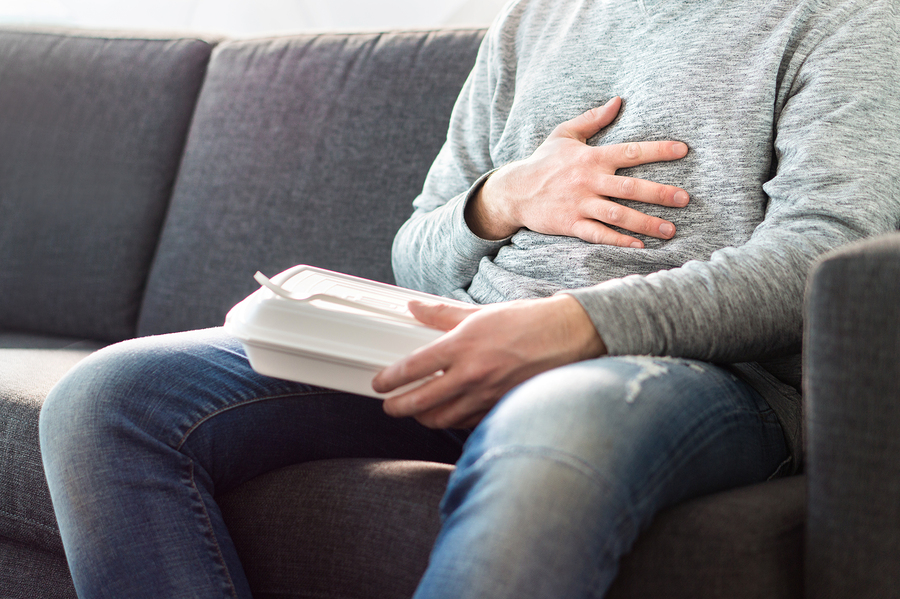
People dealing with depression often find ways to self-medicate their feelings and food can be one of the ways that they comfort themselves. Depression and overeating often go hand in hand for a number of different reasons. Unhealthy eating habits can have a negative effect on mental health, leading to a painful cycle of binge eating, depression and anxiety.
A person who struggles with overeating and depression can find it difficult to resolve each issue because they are so closely linked. They may overeat because they feel depressed and their depression becomes worse because of their eating habits. Both problems need to be addressed in order to recover and lead a healthier lifestyle.
Someone who overeats may compulsively eat more than their body needs even when they are not physically hungry. People who eat for emotional relief may never feel fully satisfied and will keep eating large amounts of food. They may eat because they feel numb, guilty or depressed in a way that the food temporarily relieves.
A therapist may be necessary in order to relieve issues with both depression and overeating. Cognitive behavioral therapy can be helpful in identifying the causes of emotional eating and allowing the patient to find alternative ways to ease their depression. A therapist can help with weight control behaviors and getting eating habits under control while also addressing mental health.
Understanding the underlying causes of depression and overeating can make it easier for a patient to find different behaviors that relieve stress. When they know the triggers that cause them to overeat they can engage in healthier activities that will alleviate their feelings without the use of food. Finding ways to ease painful feelings and stress can make them less likely to binge eat as a way to escape their emotions.